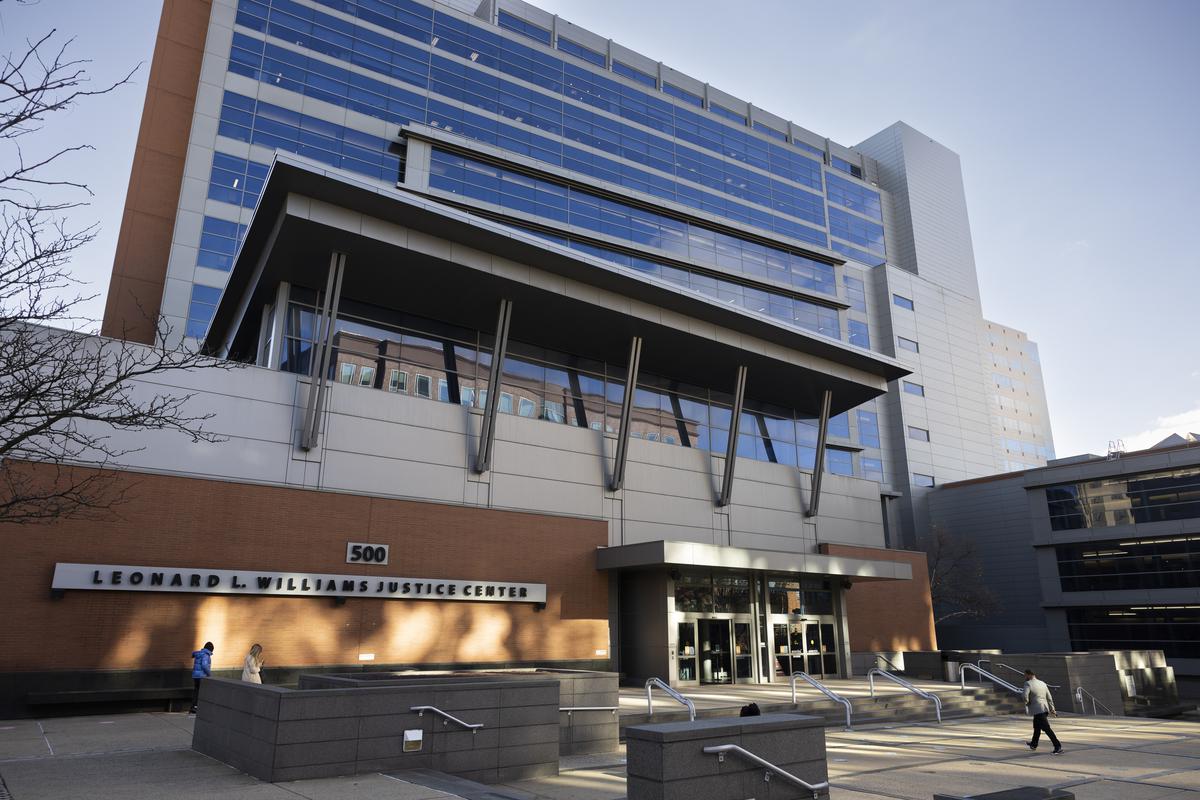
Elon Musk’s pay package at Tesla challenged in court
The Hindu
Shares of Tesla Inc. have been battered this year, like all automakers, due to a mix of backed-up supply chains and soaring inflation
Testimony began on November 14 in a Delaware courtroom where Tesla shareholders are challenging a compensation plan for CEO Elon Musk potentially worth more than $55 billion.
The lawsuit alleges that the performance-based stock option grant was negotiated by a compensation committee and approved in 2018 by Tesla board members who had conflicts interest due to personal and professional ties to Mr. Musk.
The lawsuit, filed in 2018, also alleges that the shareholder vote to approve that compensation was based on an incomplete and misleading proxy statement.
The first witness called to testify was Ira Ehrenpreis, a prominent venture capitalist and longtime friend of Mr. Musk who chaired Tesla’s compensation committee when the grant was formulated.
Under the plan, Mr. Musk stands to reap billions if the electric car and solar panel maker hits certain market capitalisation and operational milestones. For each of 12 milestones, Mr. Musk, who already owned about 22% of Tesla when the plan was approved, would get stock equal to 1% of outstanding shares at the time of the grant. Mr. Musk’s interest in the company would grow to about 28% if the company’s market capitalisation grew by $600 billion.
Each milestone in the plan includes growing Tesla’s market capitalisation by $50 billion and meeting aggressive revenue and pretax profit growth targets. Mr. Musk would receive the full benefit of the pay plan, $55.8 billion, only if Tesla hit a market capitalisation of $650 billion and unprecedented revenues and earnings within a decade.
To date, Tesla has achieved all 12 of the market capitalisation milestones and 11 operational milestones, resulting in the vesting of 11 of the grant’s 12 tranches and providing Mr. Musk over $52.4B in stock option gains, according to the lawsuit. Since the grant was awarded, Tesla’s market capitalisation has increased from $53 billion to more than $690 billion, having briefly hit $1 trillion early this year.











